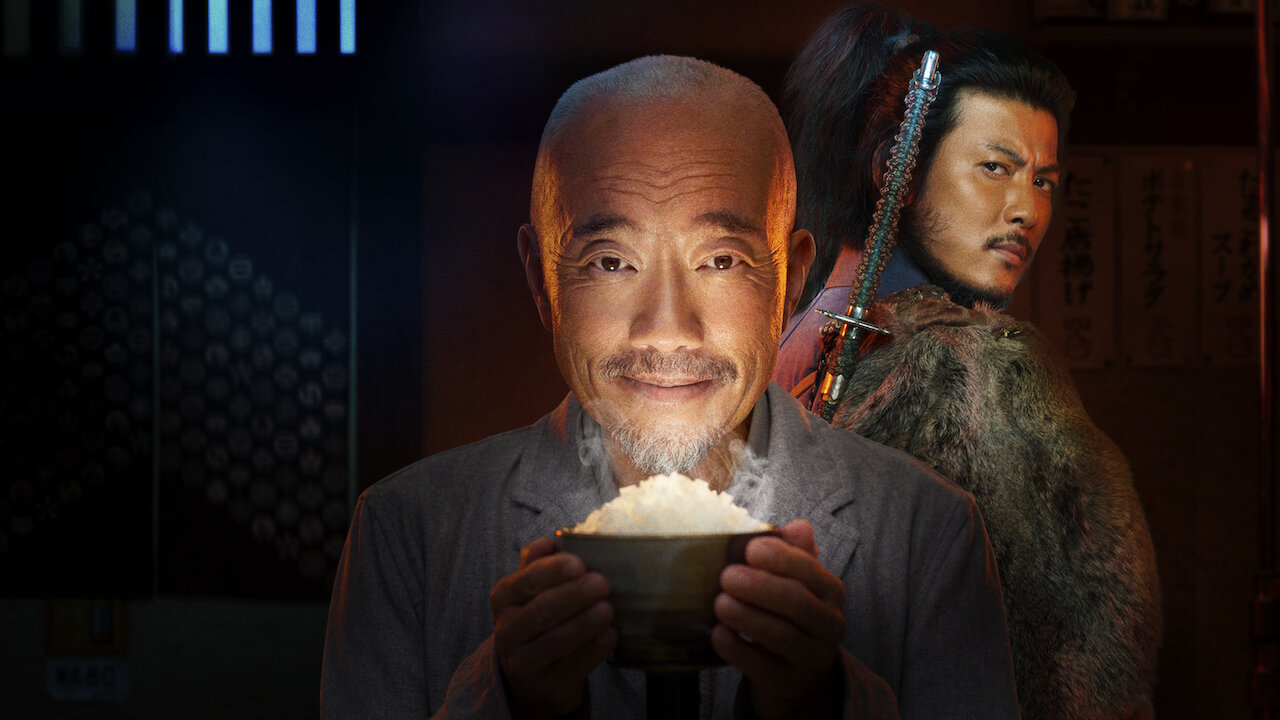
Early this month, I was fortunate to be able to attend the Browning Cinema's presentation of Hara's film The Emperors Naked Army Marches On. Despite believing it to be a culturally significant and a well crafted film, the film itself is simply difficult to watch. Its core analysis of the extreme living conditions for soldiers in New Guinea is overshadowed by Kenzo Okuzaki and his god "given" pursuit of justice. Okuzaki himself seems to serve as a snake oil salesman, beating men in their own homes in his god acknowledged pursuit of justice, and possible one of the greatest villains I've seen on the screen- ultimately fleeing for murder charges despite his insistence that he owns up to all of his actions.
As someone raised with a relatively cursory education surrounding the pacific theater in WWII,the film highlights a number of the lesser known aspects of Japanese society, including the extreme actions taken by the Japanese army in order to survive as well as Japan's general reverence to the Emperor of the Japan before and after the war. The film also serves as an interesting introduction into Japan's political structure with its depiction of campaigning utilizing a moving vehicle, loose adherence to Confucian ideals like filial piety, and general avoidance of outright confrontation.

The Emperors Naked Army Marches On serves an interesting documentary depicting the avoidance of WWII in the modern era as well as Japanese society during the technology boom of the 1980s. While I am happy I watched it and believe it is important to better understand Japan as well as World War II, I caution those who have yet to watch it for it is not a lighthearted tale to be viewed at ones leisure.


